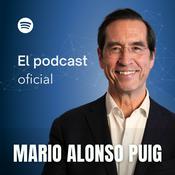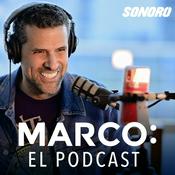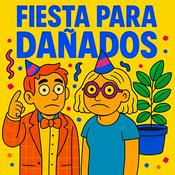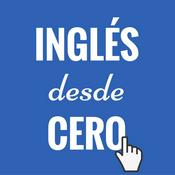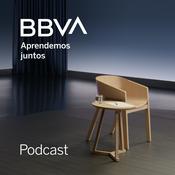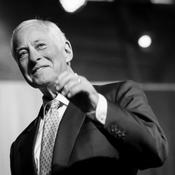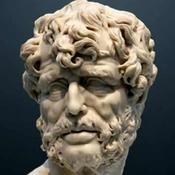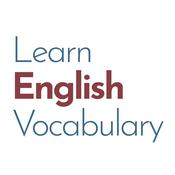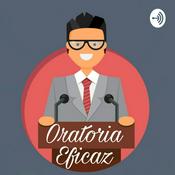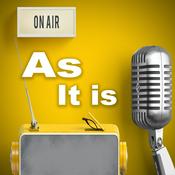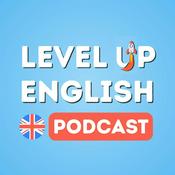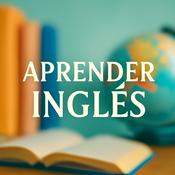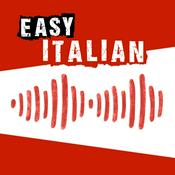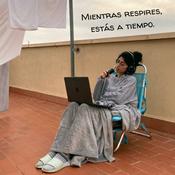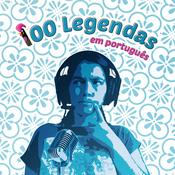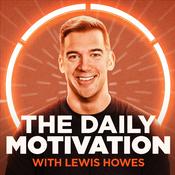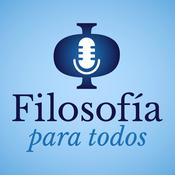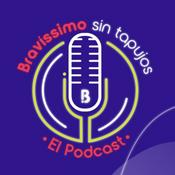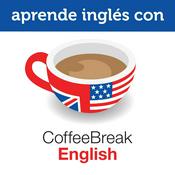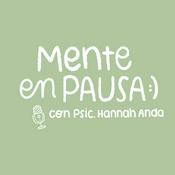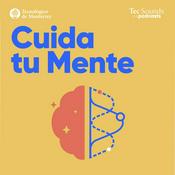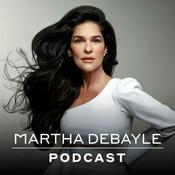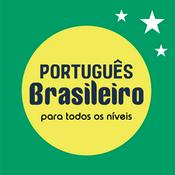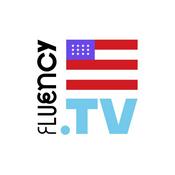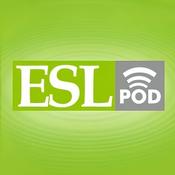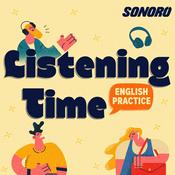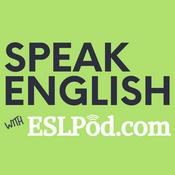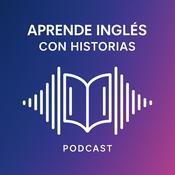Thinking Clearly
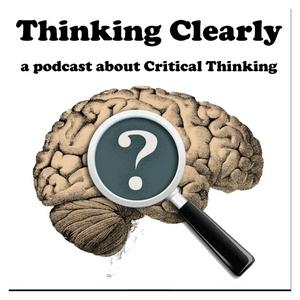
108 episodios

#113-Recalling Defeating Disinformation and Protecting Democracy-with guest Lee McIntyre
23/12/2025 | 59 min
Listen to the explanation at the beginning of this episode to understand why you will be hearing a replay of episode #86. The danger of disinformation to our social fabric, and to our democracy, are the focus of this discussion with philosopher, educator and author, Lee McIntyre. Lee holds a Ph.D. in philosophy and is currently a Research Fellow at the Center for Philosophy and History of Science at Boston University. His latest book, "Disinformation-How to fight for Truth and Protect Democracy", is even more relevant in 2025 than when it first came out in 2023.

#112-Bob and Julia Unleashed
25/11/2025 | 58 min
Bob and Julia interview each other and discuss a number of topics related to critical thinking that have been on their minds for years, including: What does our show's name ("Thinking Clearly") mean to you, and how does that name represent our show? Should beliefs and opinions meet the same standards as logical arguments? Is persuasion appropriate in critical thinking? For you, what are the most frustrating aspects of our current state of information and political environments?

#111-AI-Assisted Tools in Education and How AI Might Assist our Critical Thinking-with guest Kyle Falbo
28/10/2025 | 59 min
Our discussion with Kyle Falbo—Math and Computer Science Lecturer and Educational Technology Application Expert at Sonoma State University—focuses on how AI-enhanced teaching and learning tools (ChatGPT, Google NotebookLM, Khanmigo and others) are being explored and implemented at SSU. Our discussion also includes: the possible risks and benefits of this new technology, how AI-assisted tools can be used outside of educational institutions by life-long learners and critical thinkers, and how the future might unfold as we experience living with AI.

#110-The Role of Emotions in Thinking and Learning-with guest Mary Helen Immordino-Yang
23/9/2025 | 59 min
Emotions are often viewed as interfering with clear, objective, evidence-based reasoning; in fact, "appeal to emotion" is considered to be a logical fallacy. However, our guest, Mary Helen Immordino-Yang—professor of education, psychology, and neuroscience at the University of Southern California and author of: "Emotions, Learning, and the Brain"—argues that this narrow perspective overlooks a substantial body of research, and, far from being disruptive, emotions are integral to cognition, learning, and decision-making. As she states in her book: "It is literally neurobiologically impossible to build memories, engage in complex thoughts, or make meaningful decisions without emotion."

#109-The Moves that Matter in Crafting Persuasive Arguments and Communicating them Effectively-with guests Gerald Graff and Cathy Birkenstein-Graff
26/8/2025 | 59 min
Coauthors of the widely acclaimed book, They Say/I Say-The Moves That Matter in Academic Writing, explore how to craft persuasive arguments and communicate them effectively. Topics discussed include: the connection between thinking and writing; the nature of academic writing; the concept of "entering the conversation"; specific templates to improve the content of your writing, speaking, and thinking about issues that matter; the role of artificial intelligence in education; and a variety of other topics.
Más podcasts de Educación
Podcasts a la moda de Educación
Acerca de Thinking Clearly
Escucha Thinking Clearly, Mis Propias Finanzas y muchos más podcasts de todo el mundo con la aplicación de radio.net

Descarga la app gratuita: radio.net
- Añadir radios y podcasts a favoritos
- Transmisión por Wi-Fi y Bluetooth
- Carplay & Android Auto compatible
- Muchas otras funciones de la app
Descarga la app gratuita: radio.net
- Añadir radios y podcasts a favoritos
- Transmisión por Wi-Fi y Bluetooth
- Carplay & Android Auto compatible
- Muchas otras funciones de la app


Thinking Clearly
Descarga la app,
Escucha.

